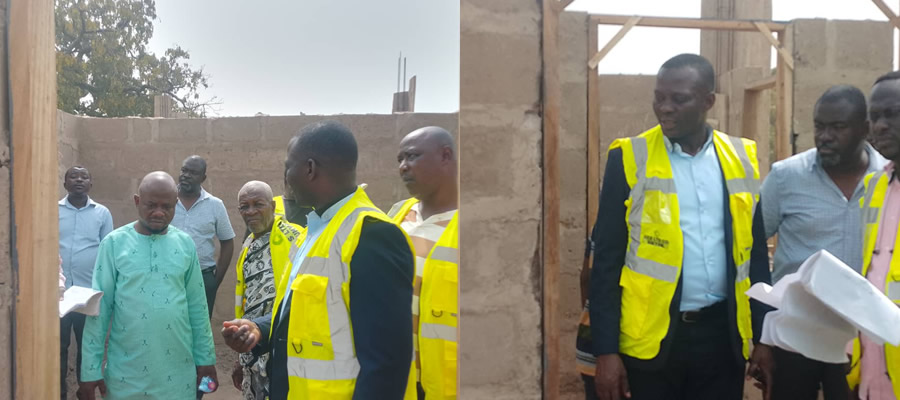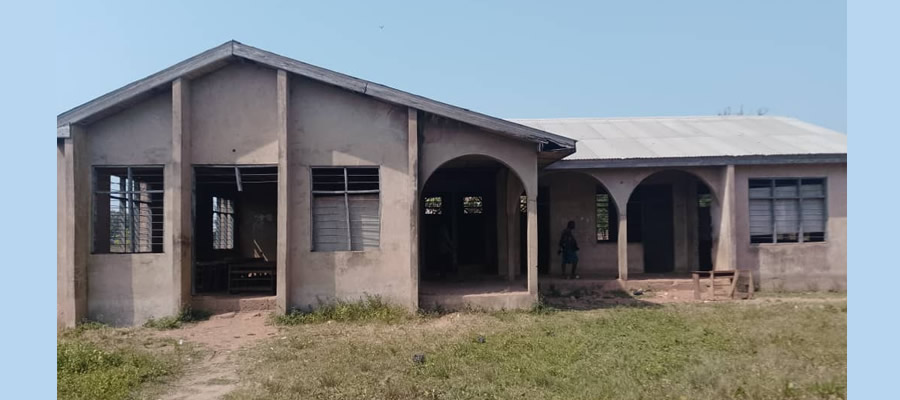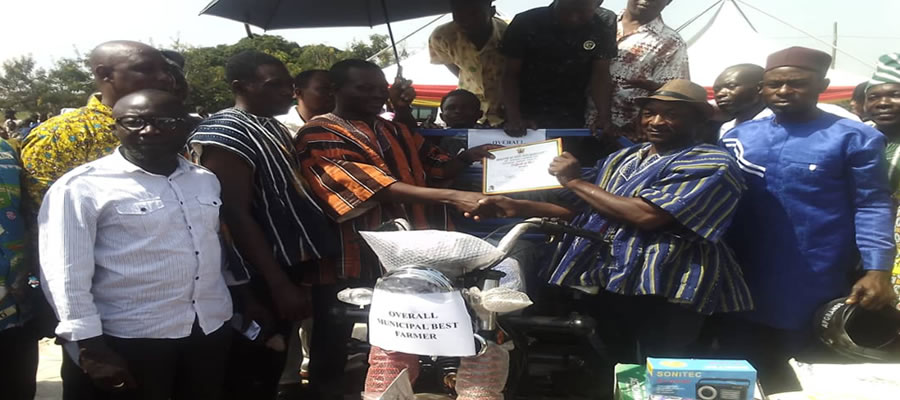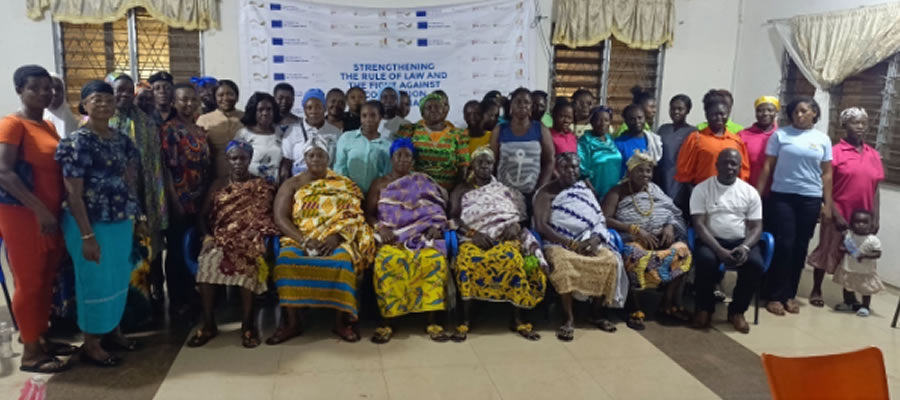

Water Security
The current water delivery system within the municipality is a serious developmental challenge that requires urgent intervention. Great efforts have been made by the Municipal Assembly to ensure that, people access potable water but this avails to nothing especially at the municipal capital. This is becoming a security issue well pronounced during the dry season where all the wells and boreholes get dried up where the youth and women consistently threaten to hit the street for their inability to access potable water. Boreholes constitute the major potable water sources but proportionally limited in the urban areas where most people resort to unprotected wells as their sources. This s the main reason the municipal experiences cholera outbreak and typhoid annually.
Major water sources for the Municipality
Water Provision and Management
The provision and management of potable water has not been an easy task to the Assembly. The Assembly is currently faced with a number of challenges in its quest to make water accessible to the people. The challenges range from human to natural factors:
a. Most water sources dry-up in the dry season, compelling people in those areas to revert to drinking from unwholesome sources, which make them vulnerable to water related diseases.
b. The boreholes breakdown constantly as a result of excessive pressure coupled with the inability of communities to raise enough money for replacement and general maintenance.
c. Even though wells appear to be the major source of water, they are mostly left unprotected. As a result, run-offs trickle down into such unprotected wells making them unsafe for human consumption.
d. As a result of the limited number of water points, coupled with the general low water table in the district, women spend much of their productive hours in search of water to undertake their domestic chores. Children, and especially the girls, are mostly found helping their mothers to draw water at the expense of their education.
e. For economic reasons, most consumers of the pipe system in the Municipal have serious difficulties in paying their water bills. This adversely affects the operation and management of the facility.
f. Administratively, the provision and management of water services are hampered by inadequate logistics, transport and remuneration for office and field staff.
In an effort to improve upon people’s access to potable water, the Assembly has collaborated with a number of development partners in the provision of potable water in the district, these includes Community Water and Sanitation Agency (CWSA), and World Vision – Ghana, among others. The Municipal Health Management Team has complimented these efforts by educating people to keep water sources clean and safe. They also assist in detecting and treating water-borne diseases. Community ownership and management is also being promoted to enhance the sustainability of existing water facilities. Communities that have benefited from some form of water infrastructure, especially boreholes are being trained and provided with basic tools and equipment to undertake regular servicing and maintenance of their water facilities.
Sanitation and Waste Management
Waste management in the Atebubu-Amantin Municipal is far from been desirable. The disposal of both solid and liquid waste, including human excreta, storm water and household refuse are poorly carried out in the district. Though some households bury or burn their refuse, majority use the open surface system for their waste disposal. It is a general practice for people in most communities to defecate in the bush (free range), mainly due to lack of access to convenient toilet facilities (See Table 1.15 for types and numbers of toilet facilities in the district). Where toilet facilities are provided either by households or the DA, there is a problem of timely and regular disposal of human excreta due to the unreliability of the only septic emptier in the district.
Most communities in the Municipal do not also have any proper drainage system. The inadequacy of proper household drains has led to the accumulation of stagnant water with offensive smells in and around residential areas. Drains are choked with filth giving rise to mosquito breeding especially during the rainy season.
Date Created : 3/28/2023 2:07:59 AM












 facebook
facebook
 X
X
 Youtube
Youtube
 instagram
instagram
 +233 593 831 280
+233 593 831 280 0800 430 430
0800 430 430 GPS: GE-231-4383
GPS: GE-231-4383 info@ghanadistricts.com
info@ghanadistricts.com Box GP1044, Accra, Ghana
Box GP1044, Accra, Ghana